White Helmets, Takfiri militants preparing false-flag chemical attacks in Syria’s Idlib, Russia warns
Russia has warned that members of the so-called civil defense group White Helmets together with Takfiri militants are planning to carry out a chemical attack in the de-escalation zone of embattled Idlib Province in northwestern Syria in a bid to incriminate Syrian government forces as a pretext for possible acts of aggression on army troops.
“At 22:15 Moscow time (1915 GMT) on February 3, the Russian reconciliation center’s hotline received information from two local residents that White Helmets activists, backed by (Hayat Tahrir al-Sham) HTS terrorists, plan to conduct a provocation involving the use of toxic agents,” the Russian Reconciliation Center for Syria said in a statement.
It added that some 15 members of the White Helmets arrived in the Ma’arret al-Artik district two days earlier for such an objective.
“The provocation involves approximately 200 people, and is meant to be staged in the district. The participants, including children, are mostly family members of militants, who were previously evacuated from Syria’s southern provinces and currently accommodated in the Idlib de-escalation zone. White Helmets have brought in about 400 liters of chemicals to the location from an underground storage facility,” the Russian center noted.
It further highlighted that the militants are under the command of an HTS terrorist, identified as Mohiuddin al-Amm, who filmed a fake chemical attack in the Khan Shaykhun town of Idlib province back on April 4, 2017.
The video of the purported chemical attack is expected to be posted on social media networks by the White House, and then disseminated by Western and Arab media outlets, according to the statement.
The Russian center then called on Turkey “to exert all possible pressure on [its allied] militants in the Idlib de-escalation zone” to prevent the use of poisonous agents in the area.
Moscow's warning comes as the Syrian army is pressing ahead with an offensive to liberate Idlib, the last major militant bastion in the country. Such gas attack claims usually surface when the Damascus government gains the upper hand on the battlefield against foreign-backed militant outfits.
Back on January 27, Syria informed that the United Nations that it had been confirmed the Turkish government was supporting terrorist groups in their bid to stage a fake chemical attack south of Aleppo and another one in the northeast of Idlib to frame the Syrian army.
On April 14, 2018, the United States, Britain and France carried out a string of airstrikes against Syria over a suspected chemical weapons attack on the city of Douma, located about 10 kilometers northeast of the capital Damascus.
Washington and its allies blamed Damascus for the Douma attack, an allegation rejected by the Syrian government.
The Organization for the Prohibition of Chemical Weapons (OPCW) launched an inspection into that incident and announced in a report last March that a “toxic chemical” containing chlorine was used in clashes between the Syrian military and anti-government militants Douma on April 7, 2018.
That report, however, turned out to have been largely whitewashed in favor of the anti-Damascus militants. Ian Henderson, a former OPCW inspector in the Douma team, told the UN Security Council last month that the account the watchdog had issued on the matter ran contrary to the findings of its own fact-finding mission.
Syria surrendered its stockpile of chemical weapons in 2014 to a joint mission led by the United States and the OPCW, which oversaw the destruction of the weaponry. It has also consistently denied using chemical weapons.
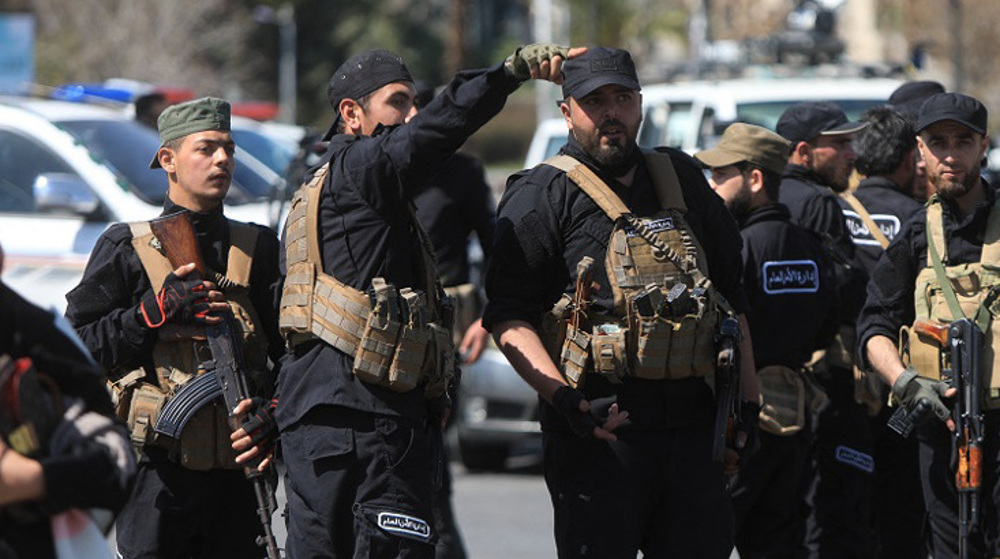
Syria's HTS arrests PIJ officials after US ties sanctions relief to ban on Palestinian groups
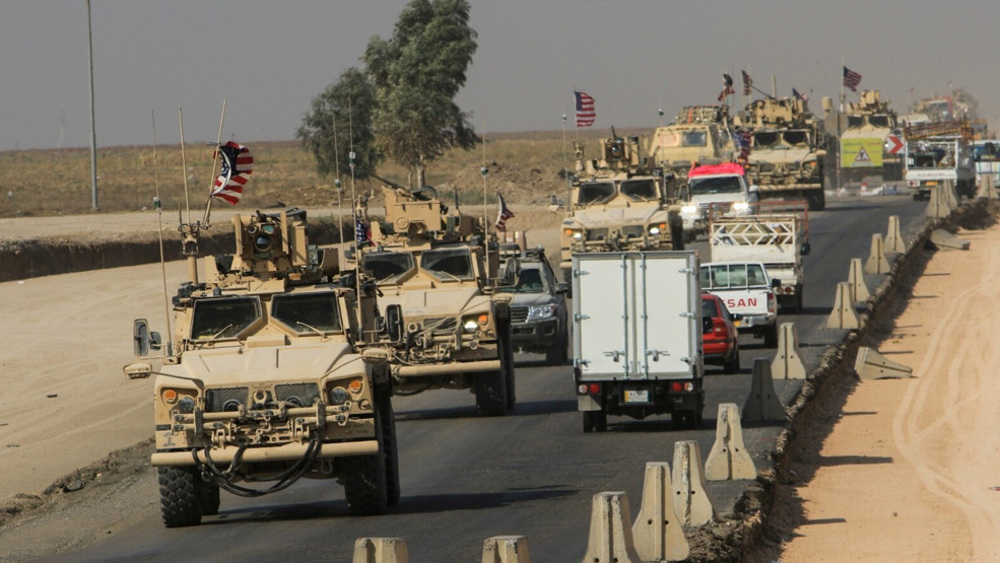
US arms convoys enter Iraqi Ain al-Asad base from Syria: Report
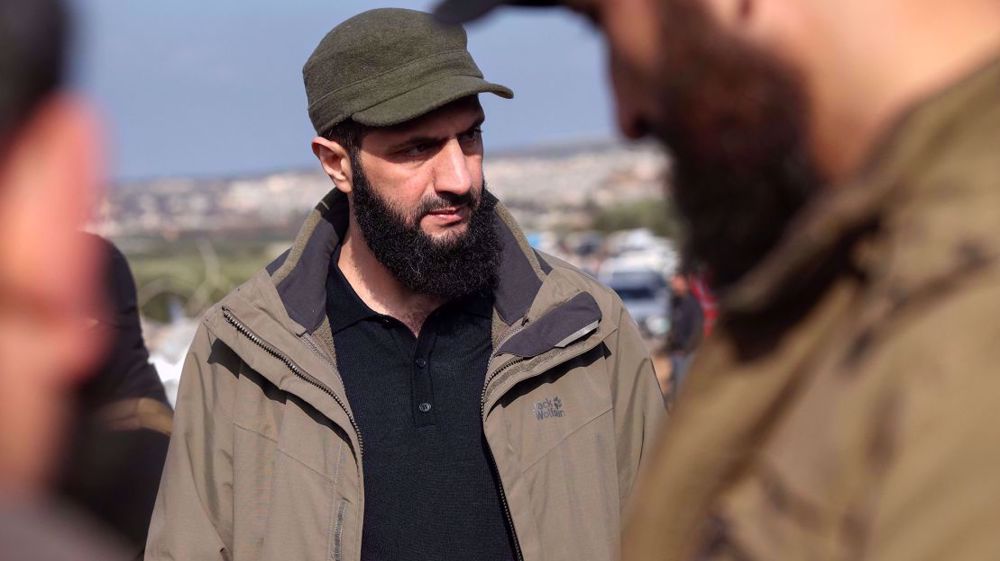
Syria’s self-proclaimed president can be arrested if he visits Baghdad: Iraqi figure
Iran, China working resolutely to safeguard mutual interests: Tehran says as FM departs for Beijing
Yemen asserts enhanced military readiness; takes US aircraft carriers under firepower
VIDEO | Iran seeks foreign investment to boost oil, gas sectors
Iran condemns terror attack in India's Kashmir region
After second Signalgate scandal, Democrats call for Hegseth’s resignation
Mahmoud Khalil missed son's birth after US officials denied temporary release
Iran’s annual inflation up 0.7% to 33.2% in April: SCI
Ayatollah Sistani offers condolences on passing of Pope, hails his role in promoting peace


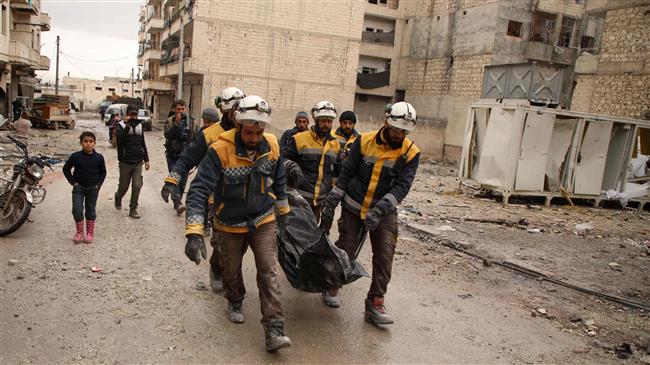







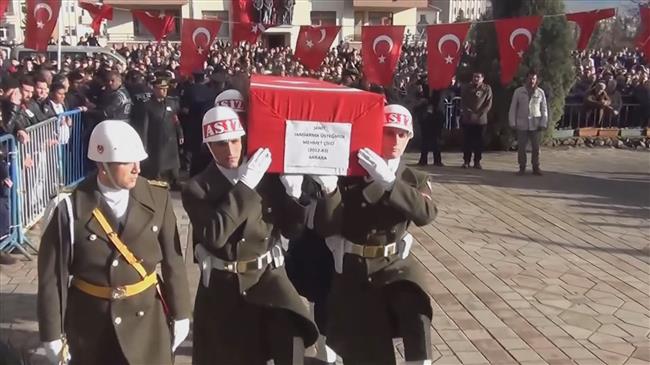
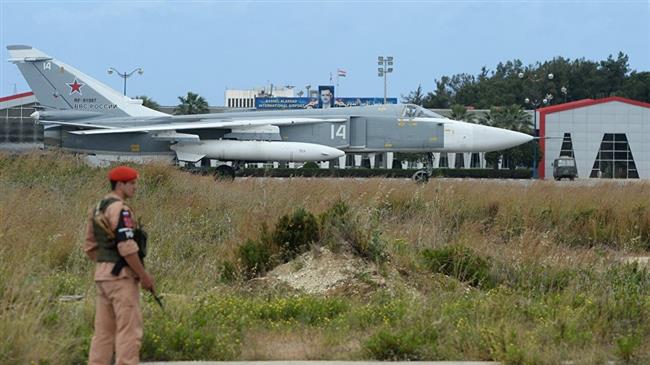
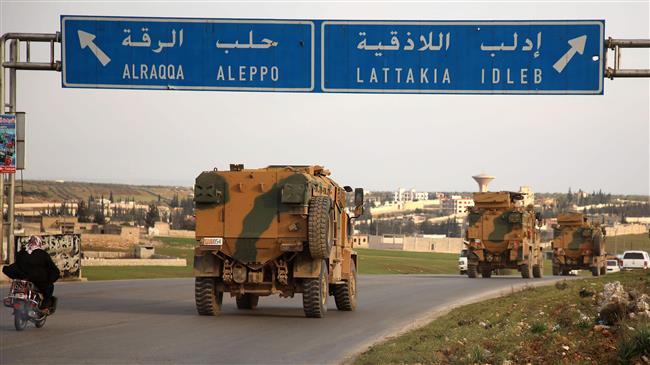
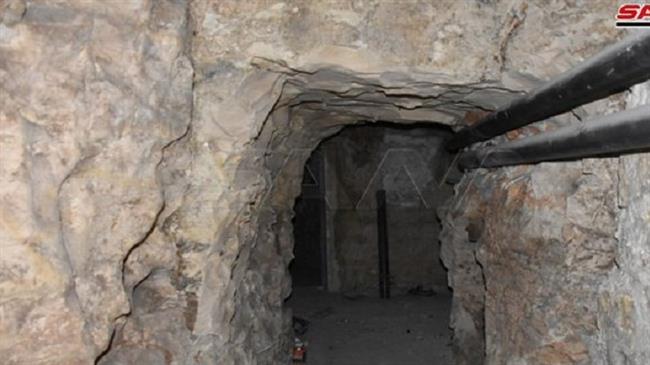
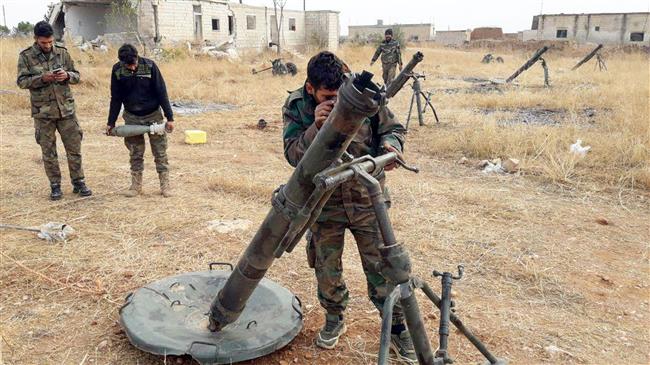
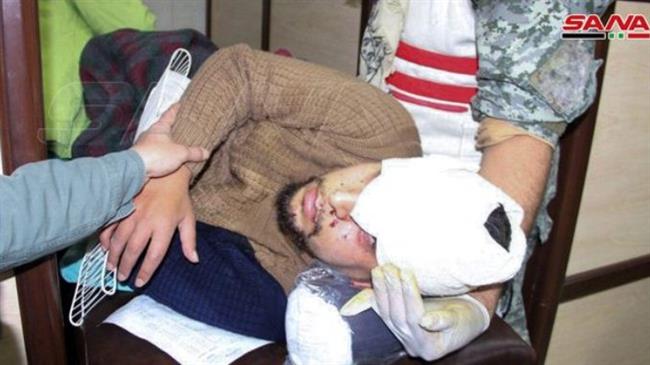

 This makes it easy to access the Press TV website
This makes it easy to access the Press TV website